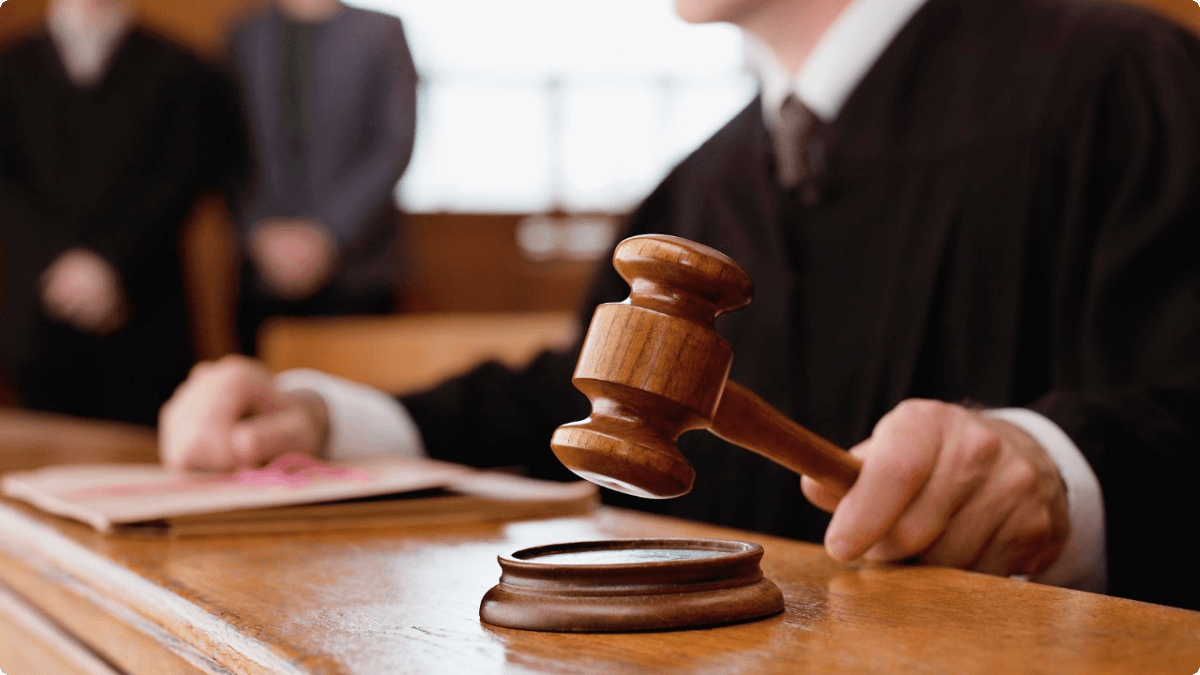By Dr Arthur Azzopardi – Managing Partner
The Criminal Code grants an unfettered right of appeal to a person found guilty in whole or in part of the charges proffered against him. This right is exercised by the person charged before the Court of Criminal Appeal in its inferior jurisdiction when the original judgement is delivered by the Court of Magistrates and by the Court of Criminal Appeal in its superior jurisdiction when the original judgement is delivered by the Criminal Court. The Court of Criminal Appeal in its inferior jurisdiction is presided by one judge whilst the same court in its superior jurisdiction is presided by the Chief Justice sitting with two other judges versed in criminal law.
The Attorney General also enjoys a right of appeal which may be an unfettered right of appeal or limited, depending on the type of competence that the Court of Magistrates held.
In most instances appeals filed both by the person charged and declared guilty and by the Attorney General, are generally, but not limitedly, filed in connection with the punishment meted out. In the former type of appeal by the person declared guilty claiming that the punishment imposed was too onerous and in the latter type of appeal, by claiming that the punishment meted was too lenient.
Local jurisprudence as developed by both types of Court of Criminal Appeal have followed the same line of thought and legal principles. Both Courts have always strictly adhered to the principle that for said court to alter, amend, change, or otherwise differentiate from the punishment meted out by the Court of first instance, is only to occur in the eventuality that the punishment inflicted is wrong in principle of manifestly excessive.
This principle is best clearly defined in the words of the Court of Criminal Appeal in its superior jurisdiction in the case in the names: “The Republic of Malta vs. Kandemir Meryem Nilgum and Kucuk Melek” decided on the 25th august 2005. The Court, are referring to Blackstone’s Criminal Practice 2004 held that:
“The phrase ‘wrong in principle or manifestly excessive’ has traditionally been accepted as encapsulating the Court of Appeal’s general approach. It conveys the idea that the Court of Appeal will not interfere merely because the Crown Court sentence is above that which their lordships as individuals would have imposed. The appellant must be able to show that the way he was dealt with was outside the broad range of penalties or other dispositions appropriate to the case. Thus in Nuttall (1908) 1 Cr App R 180, Channell J said, ‘This court will…be reluctant to interfere with sentences which do not seem to it to be wrong in principle, though they may appear heavy to individual judges’. Similarly, in Gumbs (1926) 19 Cr App R 74, Lord Hewart CJ stated: ‘…that this court never interferes with the discretion of the court below merely on the ground that this court might have passed a somewhat different sentence; for this court to revise a sentence there must be some error in principle.” Both Channell J in Nuttall and Lord Hewart CJ in Gumbs use the phrase ‘wrong in principle’. In more recent cases too numerous to mention, the Court of Appeal has used (either additionally or alternatively to ‘wrong in principle’) words to the effect that the sentence was ‘excessive’ or ‘manifestly excessive’. This does not, however, cast any doubt on Channell J’s dictum that a sentence will not be reduced merely because it was on the severe side – an appeal will succeed only if the sentence was excessive in the sense of being outside the appropriate range for the offence and offender in question, as opposed to being merely more than the Court of Appeal itself would have passed.” This is also the position that has been consistently taken by this Court, both in its superior as well as in its inferior jurisdiction.”
